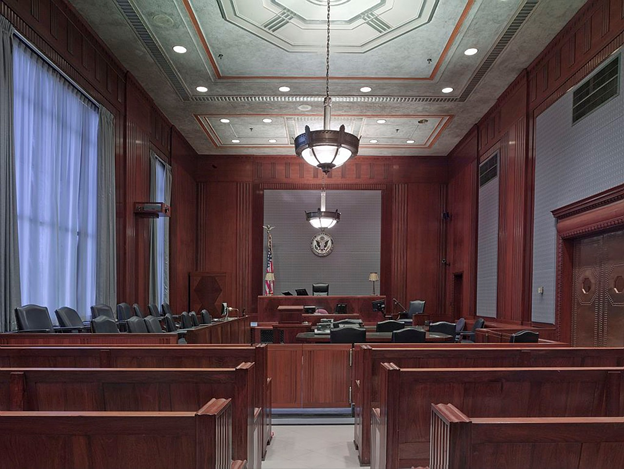What to Expect at a Sentencing Hearing?
Sentencing hearings are intimidating. A jury has already determined your guilt, and now a judge will determine the nature of your punishment. The judge will decide whether you will serve probation, go to – or remain in – prison, and how long your punishment will last. That decision is based on the severity of your conviction, any negotiations… Read More »

Sentencing hearings are intimidating. A jury has already determined your guilt, and now a judge will determine the nature of your punishment. The judge will decide whether you will serve probation, go to – or remain in – prison, and how long your punishment will last. That decision is based on the severity of your conviction, any negotiations which may have occurred between the prosecuting attorney and your defense attorney, and state sentencing guidelines A skilled criminal...
Sentencing hearings are intimidating. A jury has already determined your guilt, and now a judge will determine the nature of your punishment. The judge will decide whether you will serve probation, go to – or remain in – prison, and how long your punishment will last. That decision is based on the severity of your conviction, any negotiations which may have occurred between the prosecuting attorney and your defense attorney, and state sentencing guidelines
A skilled criminal defense attorney will work to reduce your sentence to the greatest extent allowed by law, but some crimes are severe enough that the state imposes a minimum mandatory sentencing structure, which the judge must adhere to. Additionally, the prosecution may request that the judge enhances the sentence, if they feel that the recommended sentence is too lenient. Your lawyer will usually fight this request, but it is important to understand the various sentencing options, and what they mean for you.
Fees, Fines, and Restitution
Fees are court costs imposed to fund the Florida court system and generally include operation costs for courts at both state and local levels. Fines are monetary penalties for the crime committed and are usually reserved for misdemeanors, drug crimes, or DUI crimes. A judge has the discretion to waive, reduce, or impose fines in addition to other punishments. Restitution is a payment made to the victims as a recompensation for their losses. Florida courts are required to consider restitution as part of the sentence, even if not requested by the victim(s).
You May Receive Probation
Probation is the least restrictive form of supervision and may be given by the judge as a way of reducing or replacing jail time. The terms of your probation will vary, depending on the severity of your crime. For example, probation for misdemeanors may require regular meetings with a probation officer or counseling, while more serious crimes usually include far more restrictions, including “house arrest” or wearing an ankle monitor.
If you keep the terms of your probation for at least half the time sentenced, you may request the rest of your probation to be waived. However, breaking the terms of your probation will most likely result in having to serve the original jail sentence, plus additional charges, fees, and jail time.
You May be Sent to – or Stay in – Prison
A judge may decide that your conviction warrants time in jail. Misdemeanor charges usually result in time served in a county jail, while felony charges may result in prison time. Incarceration can be combined with probation and fees – a judge may allow a probationary period for you to reduce your prison sentence or avoid jail entirely. However, state regulations impose both minimum and maximum sentencing standards, which the judge must abide by in sentencing.
If you have been accused of a crime, you need a skilled criminal defense attorney fighting to ensure that your rights are protected within the court system, even if you have been convicted. According to attorney Stephen G. Cobb, time is an essential factor to a successful defense. Hiring a criminal defense lawyer early in the process gives them time to study your case, find weaknesses in the prosecution’s case, and then argue for a dismissal or a more lenient sentence.

Mayank Shekhar
Mayank is an alumnus of the prestigious Faculty of Law, Delhi University. Under his leadership, Legal Bites has been researching and developing resources through blogging, educational resources, competitions, and seminars.

